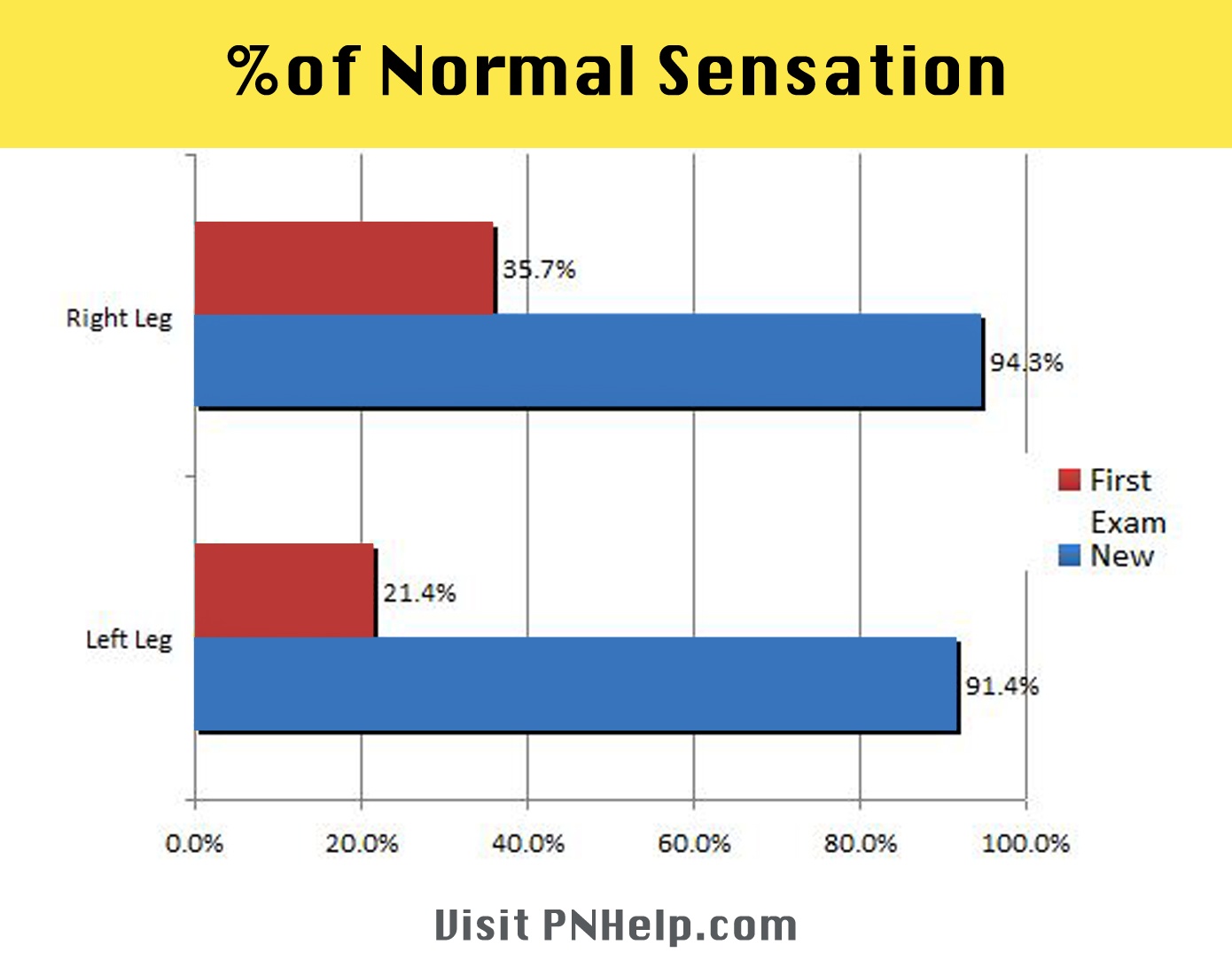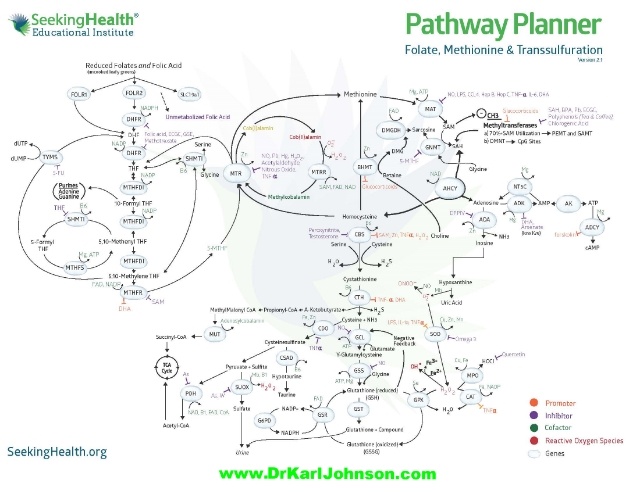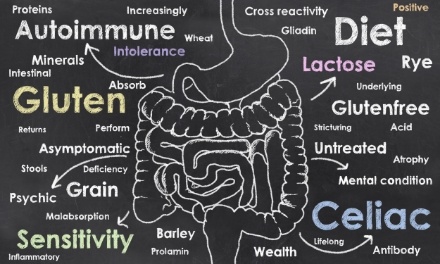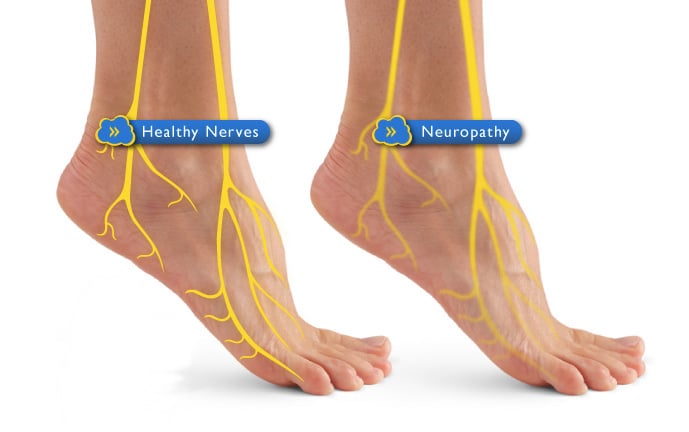Cellular exercise in the form of PEMF can help your body heal itself. PEMF is short for pulsed electromagnetic fields.
For a few years now, I have been researching PEMF and how to incorporate it into my natural healing practice. With the myriad of different systems available, I wanted to ensure I chose a PEMF system that was robust, effective and made in the United States. After reviewing a few systems, I decided to use one that several of my colleagues found very effective and that stood the test of time in regards to durability and one that effectively improved my patients' healing ability. In my office, patients who have chronic knee pain, chronic shoulder pain/"frozen shoulder, neuropathy, fibromyalgia, Parkinson's disease, mild cognitive impairment (MCI), ADHD, and a host of other chronic and acute health challenges are benefitting from cellular exercise using our Pulse Centers XL Pro system.
What is an electromagnetic field? What are PEMFs?
"If you have ever held two magnets in your hands, tried to force them together, and felt a resistance between them, then you have experienced a magnetic field. The Earth has its own magnetic field, produced by fluxes in the molten metal in the core of the planet. The presence of this field is what causes a compass to rotate so that the ‘north pole’ of the compass points roughly north. A changing magnetic field (such as a magnetic field moving through a coil) generates an electric field (which would drive a current in the coil). This forms the basis for many electrical generators and motors. Similar to the way that a changing magnetic field can generate an electric field, a changing electric field generates a magnetic field. This is a natural activity of the universe. An electromagnetic field is a physical field produced by moving electrical charges. It affects the behavior of any other charged objects in the vicinity of the field.
PEMF stands for Pulsed ElectroMagnetic Fields, which are widely used these days to improve circulation and cell metabolism. The body can become accustomed to nonmoving (or static) magnetic fields, which are generally unable to deeply penetrate the body. A pulsed electromagnetic field, however, is quite dynamic, is able to penetrate all the way through the body, and creates a cascade of effects within the body.
It is important to distinguish between the electromagnetic fields we use for therapeutic purposes, and other man-made electromagnetic fields from power lines, microwave ovens, cell phones, etc., which can cause damage to our bodies. The PEMF devices we recommend all produce safe, natural electromagnetic fields which are of lower frequency, and are complementary to the chemistry and functions of the body." [1]
What effectively sold me on PEMF (and the system we use) was the benefits I personally experienced using the cellular exercise device. Let me explain how PEMF may help you:
"You have over 75 Trillion cells in your body. Cells are the basic building blocks of all living things.They provide structure for the body,take in nutrients from food, convert those nutrients into energy, and carry out specialized functions.
Cellular exercise increases cellular membrane permeability. This allows better circulation of oxygen and nutrients into your cells. Additionally, PEMF helps eliminate carbon dioxide and waste products out of the cells.
Read More










